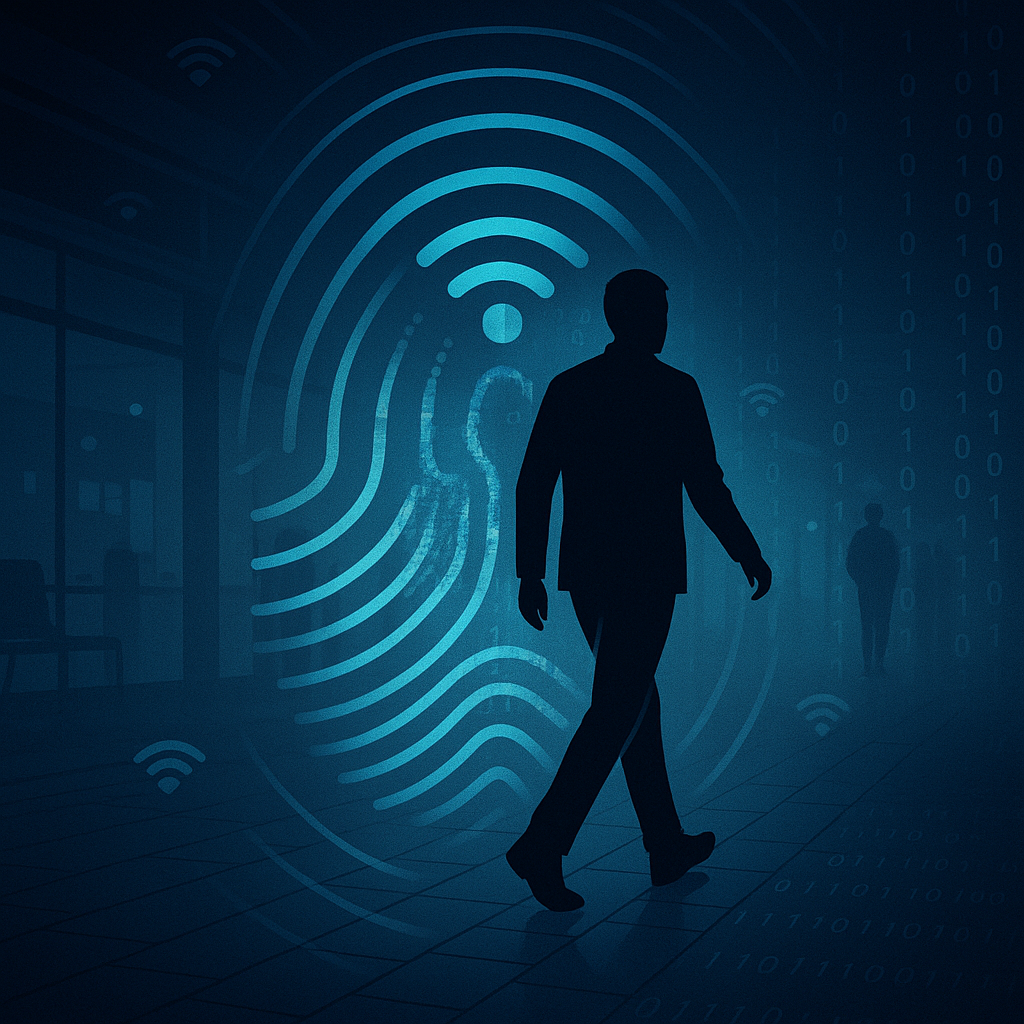Researchers at La Sapienza University in Rome have developed a technique to track individuals using Wi-Fi signals, creating a unique biometric “fingerprint” based on how human bodies disrupt electromagnetic waves. Dubbed “WhoFi,” the system uses Channel State Information (CSI) to extract individual-specific patterns, which are then analysed by a deep neural network to re-identify people—even across different locations and Wi-Fi networks—without requiring a phone or camera. Achieving accuracy rates as high as 95.5 per cent on public datasets, the technology raises both surveillance opportunities and privacy concerns. Unlike visual monitoring, Wi-Fi-based tracking works through walls and is not hindered by lighting, positioning it as a powerful but controversial tool in the evolving landscape of passive human sensing.
#WiFiTracking #WhoFi #BiometricSecurity #PassiveSurveillance #CSI #ChannelStateInformation #CyberSecurity #DigitalPrivacy #AI #DeepLearning #NeuralNetworks #HumanSensing #SignalIntelligence #WiFiSecurity #PrivacyTech #SurveillanceTech #DeviceFreeTracking #EmergingTech #RomeResearch #SmartSurveillance #Biometrics #WirelessTech #AITracking #WiFiFingerprint #SecurityRisks #PrivacyConcerns #InvisibleSurveillance #WiFiSignals #TechEthics #FutureOfPrivacy
